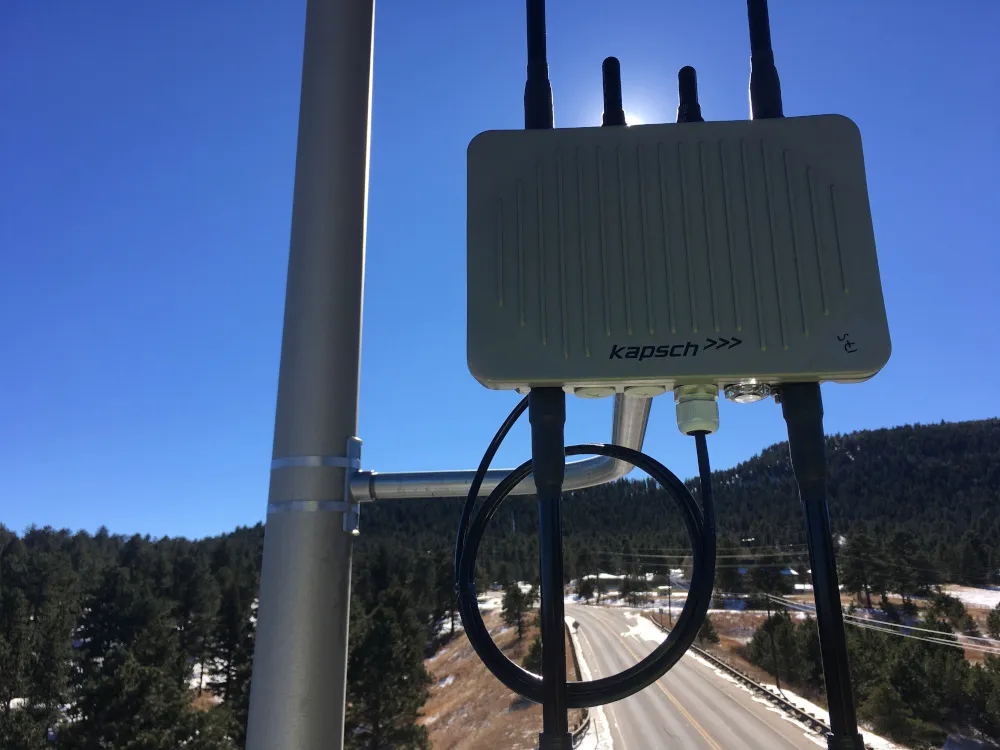As part of the Planet M initiative, the US Army Tank Automotive Research Development and Engineering Center (TARDEC) and the Michigan Department of Transportation (MDOT) have partnered to test connected vehicle applications on the I-69 freeway in Lapeer County, Michigan. WSP/Parsons Brinckerhoff is part of the MDOT team leading the infrastructure deployments.
The test involved the installation of six road side units (RSU) at different locations to create a vehicle communications system. The system evalu
July 1, 2016
Read time: 2 mins
As part of the 8439 Planet M initiative, the US Army Tank Automotive Research Development and Engineering Center (TARDEC) and the 1688 Michigan Department of Transportation (MDOT) have partnered to test connected vehicle applications on the I-69 freeway in Lapeer County, Michigan. 6666 WSP/4983 Parsons Brinckerhoff is part of the MDOT team leading the infrastructure deployments.
The test involved the installation of six road side units (RSU) at different locations to create a vehicle communications system. The system evaluates various vehicle-to-infrastructure applications, including speed recommendation, curve speed warning, lane closure warning and disabled vehicle warning.
WSP/Parsons Brinckerhoff is leading the team responsible for the infrastructure installations, RSU software configurations, network architecture development, and backhaul communication and testing. In addition, the firm coordinated a system mock-up test with all parties involved, which was conducted in a lab environment prior to the actual live testing on I-69. During the live testing, the firm provided as-needed on-site technical support with the radio configurations and troubleshooting, leading to a highly successful test. RSUs are being decommissioned and reinstalled at permanent locations on I-69 for future real-world applications.
The test involved the installation of six road side units (RSU) at different locations to create a vehicle communications system. The system evaluates various vehicle-to-infrastructure applications, including speed recommendation, curve speed warning, lane closure warning and disabled vehicle warning.
WSP/Parsons Brinckerhoff is leading the team responsible for the infrastructure installations, RSU software configurations, network architecture development, and backhaul communication and testing. In addition, the firm coordinated a system mock-up test with all parties involved, which was conducted in a lab environment prior to the actual live testing on I-69. During the live testing, the firm provided as-needed on-site technical support with the radio configurations and troubleshooting, leading to a highly successful test. RSUs are being decommissioned and reinstalled at permanent locations on I-69 for future real-world applications.










